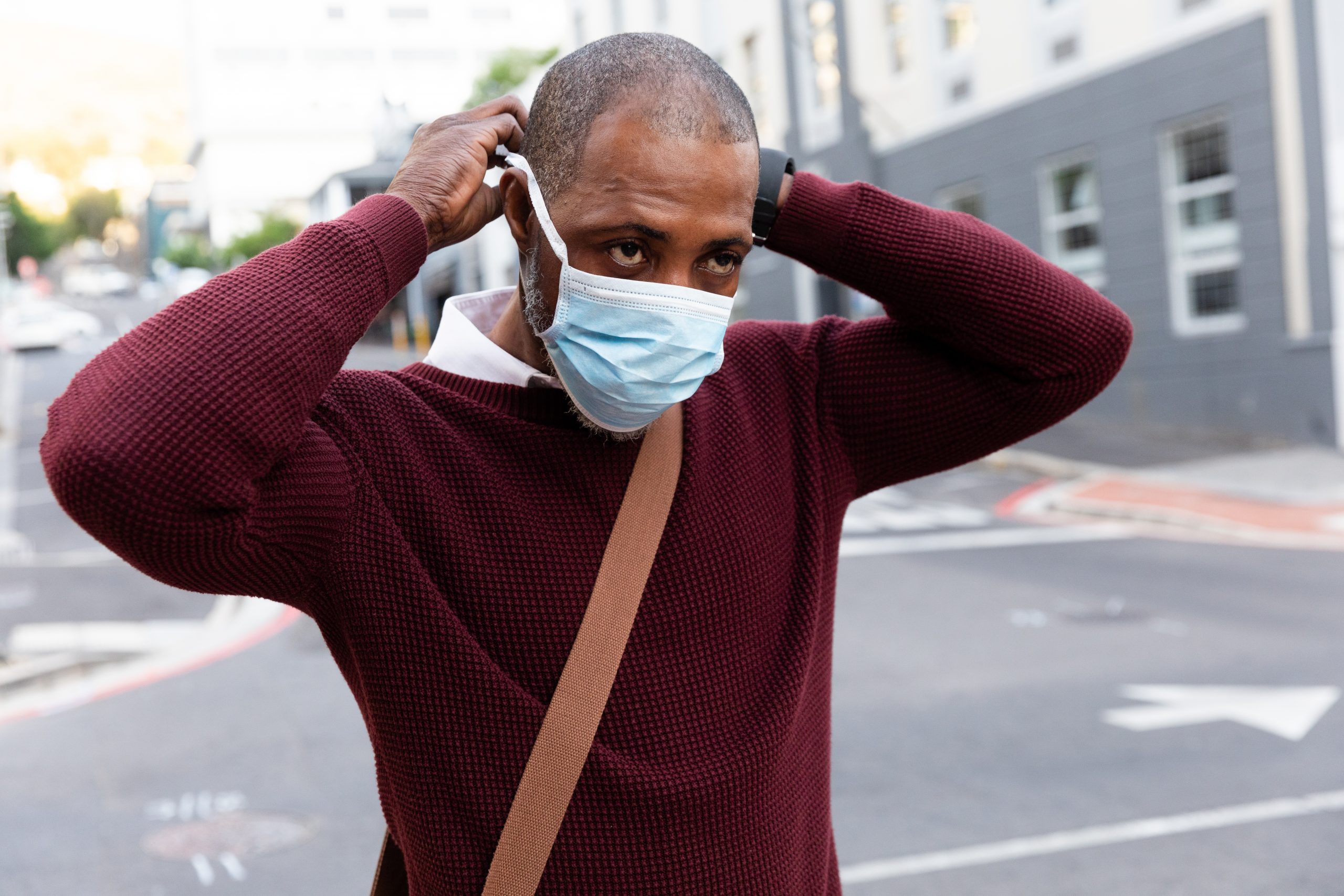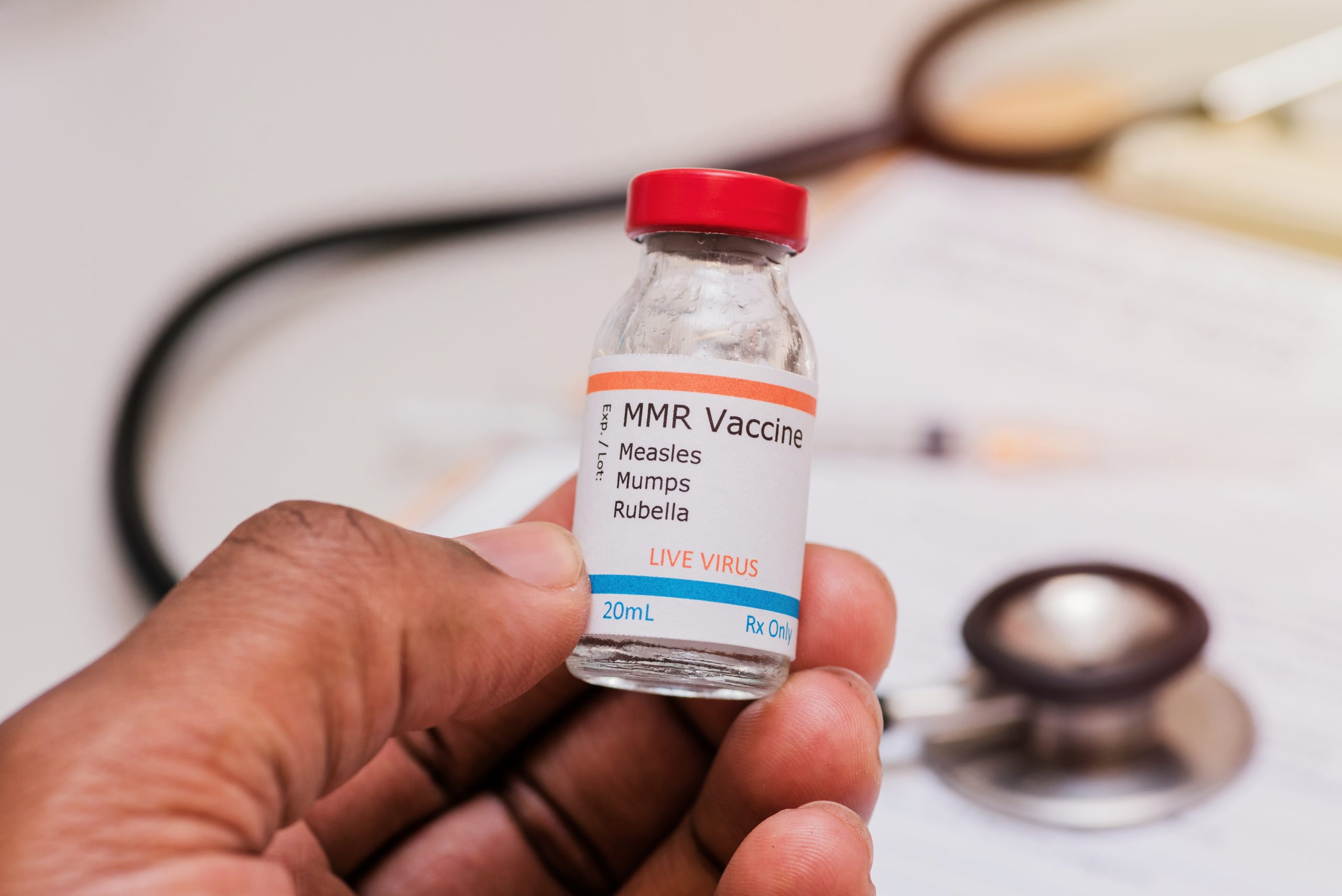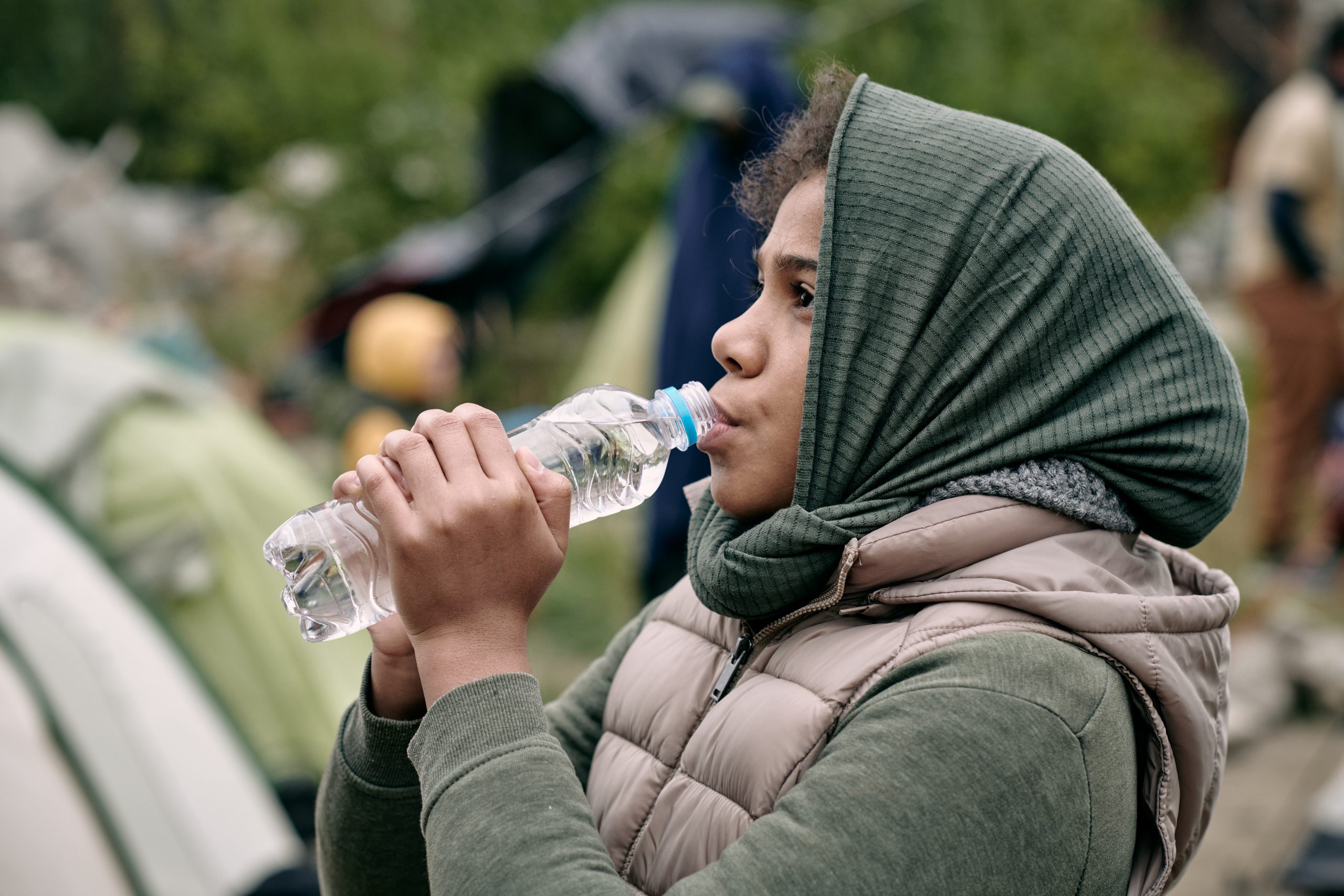HEALTH
HEALTH – WHO recommends stricter policies to protect children from food marketing

The World Health Organization (WHO) released a new policy directive yesterday to protect children from the harmful effects of food marketing.
The World Health Organization (WHO) Directive recommends that countries implement comprehensive mandatory policies to protect children of all ages from marketing foods and non-alcoholic beverages high in saturated fatty acids, fatty acids, free sugars and/or salt. More than 10 years after Member States endorsed the WHO recommendations on the marketing of food and non-alcoholic beverages to children, children continue to be exposed to powerful marketing of foods and non-alcoholic beverages rich in saturated fatty acids, trans fatty acids, free sugars and/or salt, the consumption of which is associated with adverse health effects, observes the UN agency in a press release. The updated recommendation is based on findings from reviews of recent evidence, including how exposure and the power of food marketing affect children’s health, eating behaviours, and eating attitudes and beliefs. In short, food marketing remains a threat to public health and continues to negatively affect children’s food choices, intended choices and food intake, according to the WHO. It also has a negative impact on the development of children’s food consumption standards. The recommendation is also based on a systematic review of evidence on policies to restrict food marketing, including contextual factors.
Restrict the power of persuasion
Policies to restrict food marketing are more effective if they are mandatory, protect children of all ages, use a government-led nutrition profile model to classify foods whose marketing is prohibited and are sufficiently comprehensive to minimize the risk of marketing migration to other age groups, other spaces within the same media or to other media, including digital spaces. Restricting the power of persuasion in food marketing involves limiting the use of cartoons or techniques that appeal to children, such as including toys with products, advertising with songs, and mentions of celebrities. Based on this evidence, the WHO now recommends mandatory marketing regulations for foods and non-alcoholic beverages rich in saturated fatty acids, trans fatty acids, free sugars and/or salt, after previously allowing more room for a range of policy approaches. Another change is the directive’s use of the Convention on the Rights of the Child’s definition of a child, to be unequivocal about the fact that policies must protect all children.
“Aggressive and pervasive marketing of foods and beverages high in fat, sugars and salt to children is responsible for unhealthy food choices,” says Dr. Francesco Branca. Director of the WHO Department of Nutrition and Food Security. Calls for responsible marketing practices have not had a significant impact. Governments should establish strong and comprehensive regulations.”
Local contexts
Policy decisions based on these guidelines must be adapted to the local contexts of WHO regions and Member States. Adoption of the recommendation and adaptation to national contexts require local consultations, with mechanisms in place to protect public health policy development from undue influence of real, perceived or potential conflicts of interest, says WHO. Policies to protect children from the harmful effects of food marketing are better implemented as part of a comprehensive policy approach to create supportive and supportive food environments, the UN agency adds.
HEALTH
COVID 19 – A new variant we discovered

According to a senior official at the World Health Organization, a new highly mutated variant of COVID called BA.2.86 has been discovered in several countries including Switzerland, South Africa, as well as Israel, Denmark, the United States and the United Kingdom.
According to “Reuters”, the variant was first spotted in Denmark on 24 July after sequencing of the virus infecting a patient at risk of becoming seriously ill”. And so it was detected “in other symptomatic patients, during routine checks at airports and in wastewater samples in a handful of countries”.
Thus, scientists have indicated that “although it was important to monitor BA.2.86, it was unlikely to cause a devastating wave of serious illness and death given the immune defenses developed worldwide as a result of vaccination and previous infection”.
WHO COVID-19 technical officer Maria Van Kerkhove said, “The numbers are still low”. But the reduction in global surveillance could lead to rapid circulation of the virus…
HEALTH
TOBACCO CONTROL: Seven out of 10 people protected by anti-smoking measures

A new report from the World Health Organization (WHO) highlights that 5.6 billion people, or 71% of the world’s population, are now protected by at least one good practice policy to save lives from deadly smoking, five times more than in 2007.
Over the past 15 years, since WHO’s MPOWER measures were introduced globally, smoking rates have fallen. Without this reduction, the UN World Health Agency estimates that there are now 300 million more smokers worldwide. This new WHO report on the global tobacco epidemic focuses on protecting the public from passive smoking, noting that nearly 40% of countries now have fully non-smoking indoor public places. The report assesses the progress made by countries in tobacco control and shows that two other countries, Mauritius and the Netherlands, have reached the level of best practices for all MPOWER measures, a feat that only Brazil and Turkey have achieved so far. These data show that, slowly but surely, more and more people are protected from the harms of tobacco by WHO policies based on evidence and best practices.”said Dr Tedros Adhanom Ghebreyesus, Director-General of WHO, congratulating Mauritius on becoming the first country in Africa and the Netherlands on becoming the first country in the European Union to implement WHO’s comprehensive tobacco control policies at the highest level. Eight countries are only one policy away from joining the leaders of tobacco control: Ethiopia, Iran, Ireland, Jordan, Madagascar, Mexico, New Zealand and Spain. However, much remains to be done: 44 countries are not protected by any of WHO’s MPOWER measures. At the same time, 53 countries have still not adopted a total ban on smoking in health facilities. In addition, only half of the countries have smoke-free private workplaces and restaurants.
Passive smoking
“WHO urges all countries to implement all MPOWER measures at the level of best practices to fight the tobacco epidemic, which kills 8.7 million people worldwide, and to oppose the tobacco and nicotine industries, who are lobbying against these public health measures,” said Dr Ruediger Krech, Director of Health Promotion at WHO. About 1.3 million people die each year from second-hand smoke. All of these deaths could be prevented. People exposed to second-hand smoke are at risk of dying from heart disease, stroke, respiratory disease, type 2 diabetes and cancer. In this fight against tobacco, the ban on smoking in public spaces is only one of the measures of the Effective Tobacco Control Package, MPOWER, designed to help countries implement the WHO Framework Convention on Tobacco Control and stem the tobacco epidemic. The paper shows that all countries, regardless of income level, can lower the demand for deadly tobacco, achieve major public health victories and save billions of dollars in health care and production costs.
HEALTH
SENEGAL – 400 cases of measles recorded

Measles is back in force, with more than “400 cases recorded nationally”. It is a revelation of Doctor Boly Diop, responsible for epidemiological and post-vaccination surveillance at the Ministry of Health and Social Action, on Thursday, July 13, 2023.
“Performance in the first half of the year revealed the existence of a measles epidemic,” said Dr. Boly Diop, noting that Fatick is the only one of the country’s 14 regions that has yet to register a confirmed case of measles.
Outside of Fatick, all regions have confirmed cases of measles and there are districts that have become epidemic. This means that today, measles is back in force, there are confirmed cases and epidemics that are recorded throughout the regions,’ he said, on the sidelines of a quarterly coordination meeting for epidemiological surveillance.
-

 EAST AFRICA1 year .
EAST AFRICA1 year .TANZANIA – President meets with Chairman of the Board and CEO of the Merck Foundation
-

 CHAUD TOO CHAUD3 years .
CHAUD TOO CHAUD3 years .POLITICS – [INTERVIEW EXCLUSIVE] – MADAGASCAR – Fanirisoa Ernaivo, a politician and activist committed to the rule of law and respect for democracy
-

 BUSINESS8 months .
BUSINESS8 months .GUINEA – Authorities demand repatriation of mining revenues
-

 CULTURE2 years .
CULTURE2 years .AFRICA – African writers and artists celebrate the 20th anniversary of the African Union
-

 IMMIGRATION10 months .
IMMIGRATION10 months .AFRICA – Migrant smuggling brings 59 billion CFA francs to smugglers per year
-

 POLITICS5 months .
POLITICS5 months .SENEGAL – Presidential election 2024: Registration of 79 candidates declared
-

 CULTURE3 years .
CULTURE3 years .SENEGAL – “Sadik Lady” by Viviane Chidid
-

 POLITICS3 years .
POLITICS3 years .SOUTH AFRICA – Former President Jacob Zuma in prison



